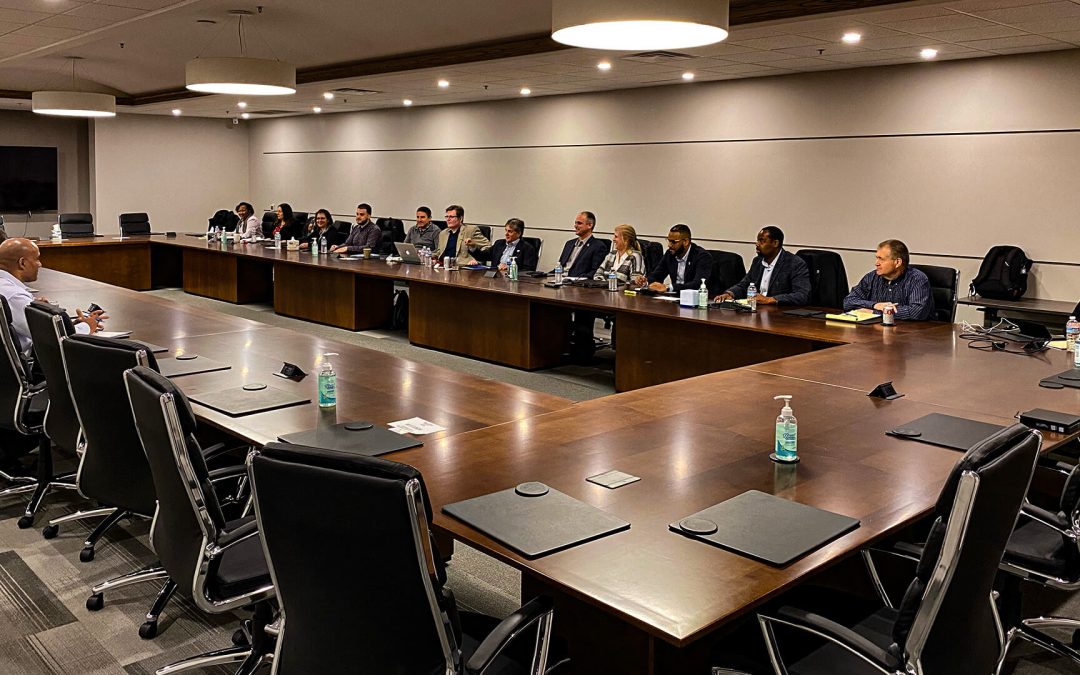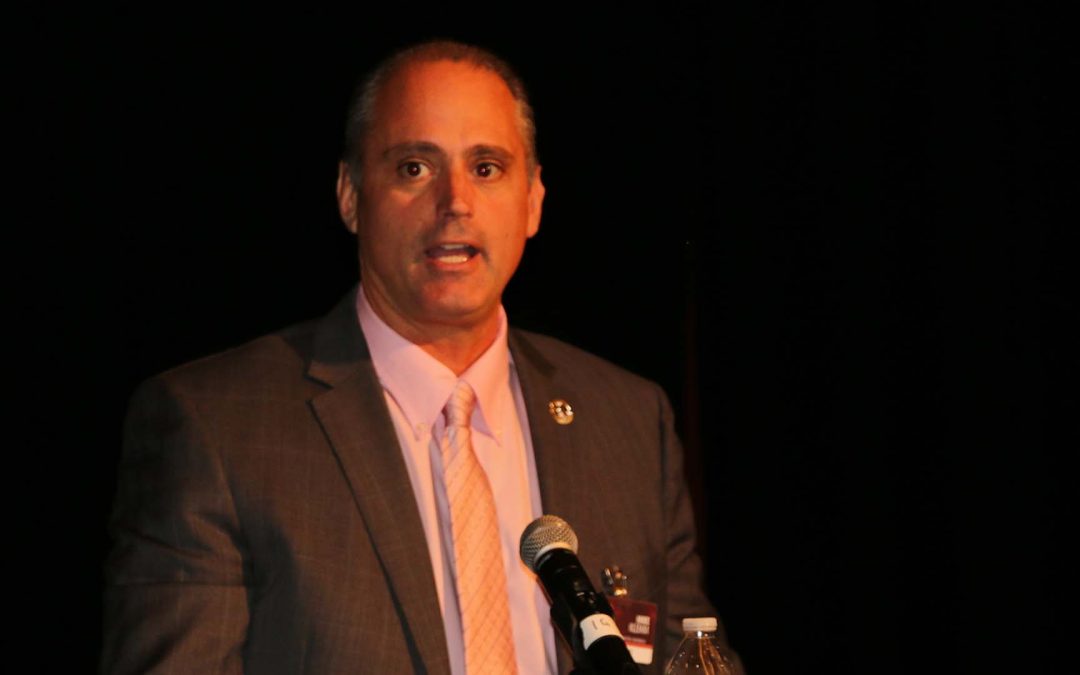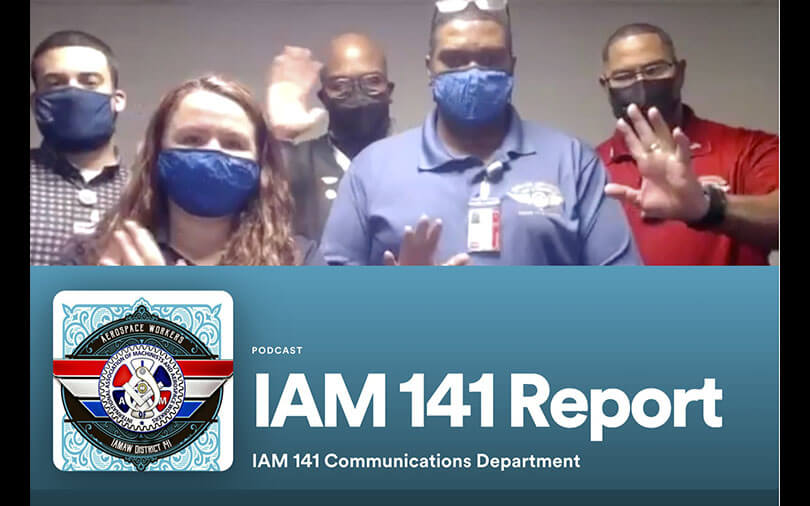
by Eric Price | Feb 18, 2022 | Front Page, Page Four, Page Three, Page Two, Perusals, Row 2, United
/* Post title separator line with icon */.dd-spl4 .dd-divider-container { width: 66%; max-width: 800px; align-items: center; display: flex; flex-flow: row nowrap; margin: auto;}.dd-spl4 .dd-sep-holder { flex: 1 1 auto; height: 1px; min-width: 10%; position:...

by Eric Price | Jan 27, 2022 | Front Page, Page Five, Page Four, Page Three, Page Two, Perusals, Row 2, United
/* Post title separator line with icon */.dd-spl4 .dd-divider-container { width: 66%; max-width: 800px; align-items: center; display: flex; flex-flow: row nowrap; margin: auto;}.dd-spl4 .dd-sep-holder { flex: 1 1 auto; height: 1px; min-width: 10%; position:...

by Eric Price | Dec 9, 2021 | Front Page, Organizing, Page Five, Page Four, Page Three, Page Two, Perusals, Row 2, Uncategorized, United
Machinists Union Members at United Begin Contract Talks The International Association of Machinists and Aerospace Workers began contract negotiations with United Airlines on Tuesday at the unions’ district headquarters in Chicago. The union is negotiating seven...

by Eric Price | Dec 8, 2021 | Front Page, Page Five, Page Four, Page Three, Page Two, Perusals, Row 2, Uncategorized, United
/* Post title separator line with icon */.dd-spl4 .dd-divider-container { width: 66%; max-width: 800px; align-items: center; display: flex; flex-flow: row nowrap; margin: auto;}.dd-spl4 .dd-sep-holder { flex: 1 1 auto; height: 1px; min-width: 10%; position:...

by Eric Price | Dec 1, 2021 | Force Page Three, Front Page, JetBlue, Organizing, Page Five, Page Four, Page Three, Page Two, Perusals, Row 2, Tools, United
Front Line Input “Crucial to the Success” of Contract Negotiations, says IAMAW District President, Mike Klemm Input and solidarity from front-line union members are “crucial to the success” of contract negotiations at United and Hawaiian...

by Eric Price | Nov 5, 2021 | Force Page Three, Organizing, Page Five, Page Four, Perusals, Row 2, United, Video
This week the 141 Report is speaking to Committee Chair Karl Thomas, (ATW) Committee Elizabeth Groner, (BTW) Committee Faysel Silwany, (Stores) Committee Richard Roberts, Maintenance Instructor Committee Michael Carbone, and Committee Secretary Will Josey. 141 Report:...







